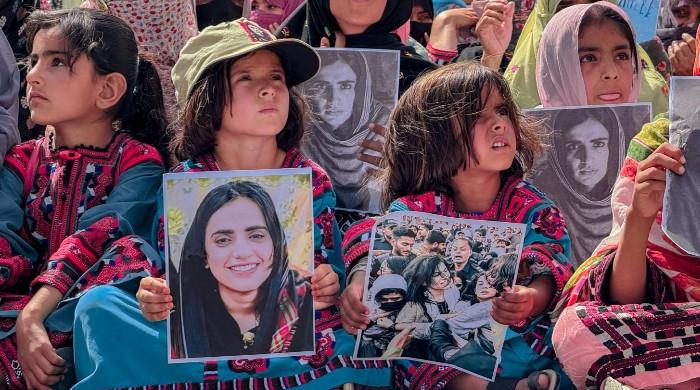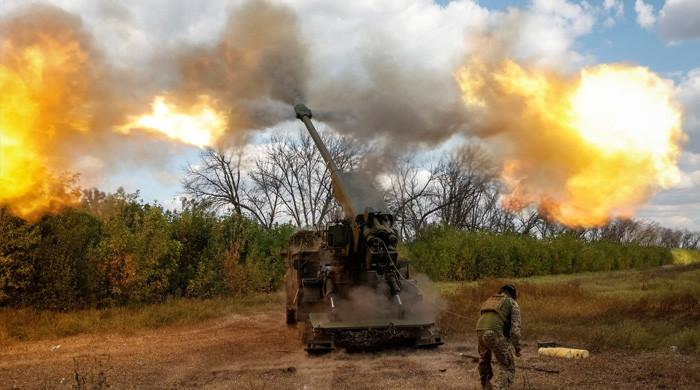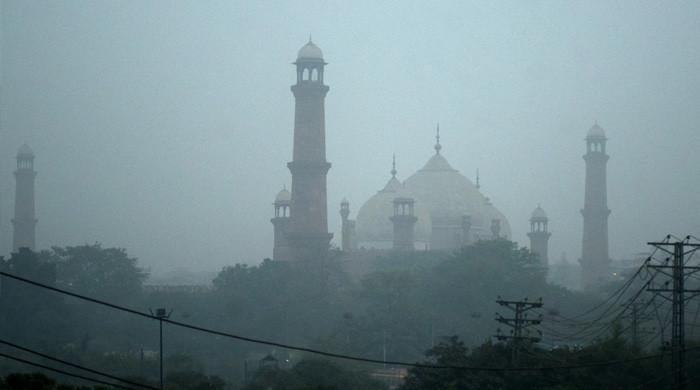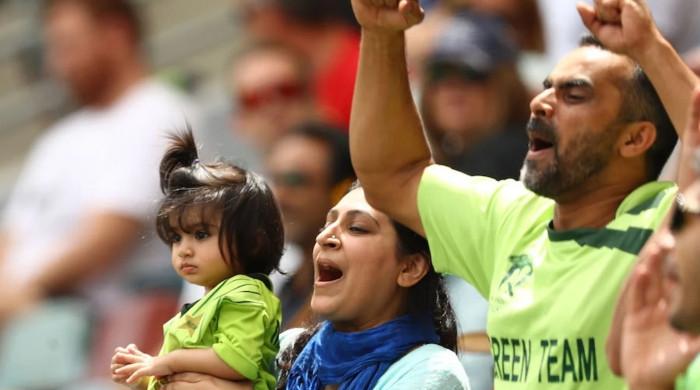What has history taught Pakistan about treason trials and traitors?
In most of the high profile cases in the past, those who faced such serious charges fought legal battles and were proven to be true patriots
May 10, 2022
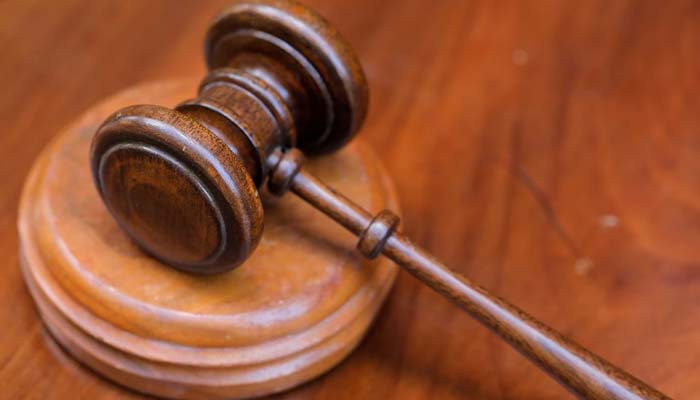
Since its birth, Pakistan has had a history of branding politicians, writers, poets and student leaders as “traitors”. Even though history has proved otherwise.
In most of the high profile cases in the past, those who faced such serious charges fought legal battles and were proven to be true patriots. The only glaring example in recent history was that of Sheikh Mujeeb ur Rehman, who opted for separation from the rest of Pakistan as he was deprived of power despite being elected the leader of the whole of Pakistan. While those who should have actually faced treason cases were buried with full state honour.
This method of politics where one calls his/her opponent a “traitor” is still going strong in Pakistan. In fact, it has now taken a new dramatic turn, as even a popular leader like former prime minister Imran Khan has injected among his followers the notion that his rival politicians are "traitors".
Will he try them all for high treason if voted into power again?
The trial of a similar nature against Altaf Hussain, which was initiated on August 22, 2016, for hate speech and raising anti-Pakistan slogans, has yet to conclude.
Read more: Pakistan’s new political dictionary
The Constitution of Pakistan defines “treason” as the act of abrogating, subverting or conspiracy to subvert. Article 6 was only once applied to former president retired General Pervez Musharraf, who suspended the constitution twice.
But the story of treason is much older than that and can be traced back to 1953, six years after the birth of Pakistan. At the time, some army officers led by General Akbar Khan, along with communist leaders such as Sajjad Zaheer, poet Faiz Ahmad Faiz, Zafar Poshni and others were charged with conspiracy to overthrow the government.
The Communist Party of Pakistan was also banned and declared anti-state.
One of its leader Hasan Nasir was tortured to death at the Lahore Fort. All this later turned out to be politically motivated, as part of a move by the civilians and the establishment to discourage left-wing politics.
Read more: The importance of local bodies
Once, in an interview with this scribe, a senior US diplomat also hinted that in those years he had helped foreign governments to crush pro-communist tendencies in Latin America and in the third world.
All those who suffered in jail and faced trial were freed as nothing substantial came out. Poshni, was the last survivor, who died probably a year or two years back.
When Field Marshal Ayub Khan imposed martial law in October 1958, his government was given a legal safeguard through the “Law of Necessity” by the then superior judiciary led by the chief justice of Pakistan Justice Munir.
Even though Khan had abrogated the 1956 Constitution. On the contrary, Sheikh Mujeeb ur Rehman was tried and convicted in the famous Agartala Conspiracy case.
History has repeated itself time and again but neither the state nor the rulers or politicians are ready to learn a lesson.
Read more: The 'fake news' syndrome
The man, Sheikh Mujeeb, once the polling and campaigning agent of Fatima Jinnah, in the presidential election, was suddenly branded a “traitor” a few years later.
In January 1972, Zulfiqar Ali Bhutto was sworn-in as president and the first civilian martial law administrator, as elections were held under a Legal Framework Order, since Ayub Khan instead of handing over power to the speaker national assembly allowed the then army chief, General Yahya Khan, to imposed martial law and again abrogate the Constitution.
Within a year of the new government in power in 1972, a group of officers within the armed forces were arrested, tried and convicted for conspiracy to overthrow Bhutto’s government.
Some were later pardoned but relieved from the forces.
Interestingly, the trial was conducted by the military court headed by Brig. Zia ul Haq, who later became the army chief and imposed the third martial law in 1977.
And this was not the end of the story either.
Bhutto himself had put his political opponents behind bars and made one of the worst treason cases against left-wing leaders of the National Awami Party, including veterans like Khan Abdul Wali Khan, and Sardar Ataullah Mengal, Mir Ghous Bux Bizenjo, Khair Bux Marri and others.
Read more: Pakistan drafts laws to protect journalists — here is what is in the bills
The trial was known as the “Hyderabad Tribunal”. When General Zia overthrew Bhutto’s government, and suspended the 1973 Constitution, he disbanded the tribunal and freed all of them.
In those 11 years, communist leaders such as Jam Saqi, Prof. Jamal Naqvi, Shabber Sher, Sohail Sangi, Badar Abro, Kamal Warsi, Amar Lal, Dr. Jabbar Khattak and others were branded as “traitors” and faced trials in a military court. It was an unusual case as nearly all top politicians of the country, including Benazir Bhutto, appeared as defense witnesses.
The only rare case in the country's history where a person confessed that he wanted to break up the country and demand separation was that of Sindhi nationalist leader, G M Syed. The man, who presented the Pakistan resolution in the Sindh Assembly, launched his Jeay Sindh movement for Sindhu Desh.
He wanted to submit his confession statement of hundreds of pages but was not allowed. Interestingly, General Zia ul Haq had a warm relationship with him and used him against the Pakistan People’s Party in Sindh.
Sadly, the political debate in this country even after 75 years still revolves around who is a traitor and who is disloyal to the State.
We have not learnt, it seems, from history.
The writer is a columnist and analyst for Geo, The News and Jang. He tweets @MazharAbbasGEO





